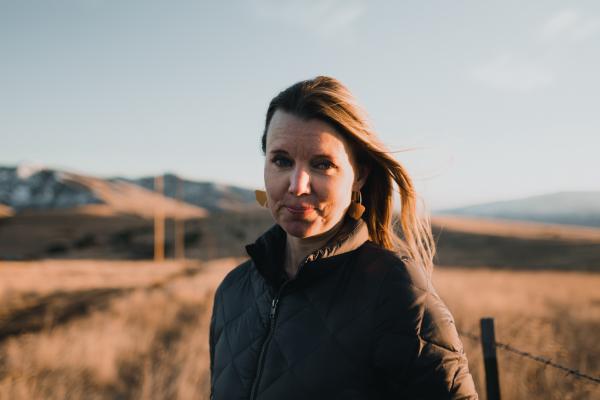Sep 25, 2020
Anne Helen Petersen is a writer and journalist based in Missoula, Mont. She recently left BuzzFeed, where she was senior culture writer, and now runs the Substack newsletter “Culture Study.” In her new book, Can’t Even: How Millennials Became the Burnout Generation, Petersen dives into the systems and culture that have driven the generation’s need for constant productivity that led to burnout. In her latest newsletter, she focuses on the contours of clergy burnout.
Read the Full Article

Already a subscriber? Login
